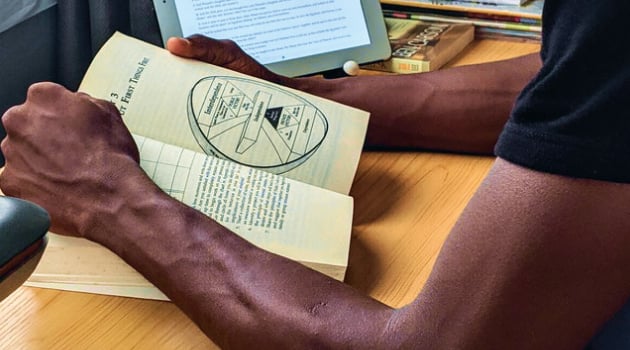Take The Next Step Toward Your Future
Find trusted, data-driven analysis on over 2,000 colleges and universities to make an educated decision on the right degree program for you.
Search ProgramsMost schools have rolling admissions and financial help so you can start your degree in a few weeks!
Most schools have rolling admissions and financial help so you can start your degree in a few weeks.
In-depth degree program guides with expert advice from admissions advisors on choosing the best program and career insights.
Our school rankings assessed the best accredited, nonprofit colleges and universities in the nation.
Analyzed the most important data points, including admissions statistics, accreditation status, tuition, student life, and more.

This list features some of the best online colleges and universities across the country. Each school featured is a nonprofit, accredited institution, either public or private, with a high standard of academic quality for post-secondary institutions.
By Kristen ScattonCompare the best accredited programs from schools across the country.

Students can use an MBA to help them advance towards management and C-suite positions, pivot to a new career, increase their earning potential, or start their own business.
Reviewed by Michelle Pickett
For individuals with an interest in mental and behavioral health, helping others, and working in diverse settings, social work might be an optimal career.
Reviewed by Leslie ReynaHigher education is more financially accessible than you think.

With insight from college counselor Dana Marvin, we crafted a step-by-step guide to completing the FAFSA, including guidance for answering questions about family structure and immigration status.
Reviewed by Dana MarvinExplore degree alternatives to jumpstart your career.

Many students are turning to online courses as a cost-effective, flexible way to gain knowledge, start a new career path, or explore an area of interest. Here are the best online course providers.

Attending trade school online is a great choice for working folks who want to pursue careers in a technical trade. Our picks for best online trade schools are in this article.

Online certificate programs are a popular and easy way for students and professionals to enhance their knowledge, gain new skills, and increase their earning potential.